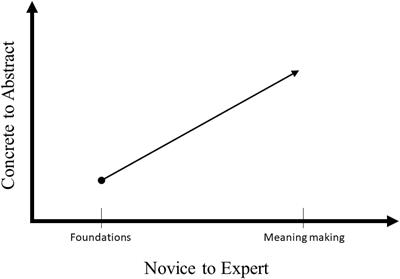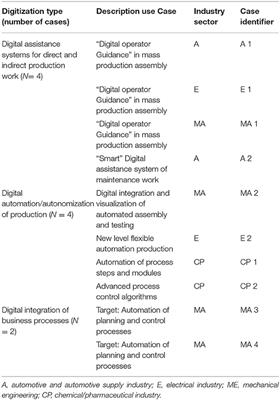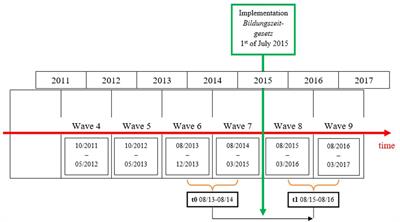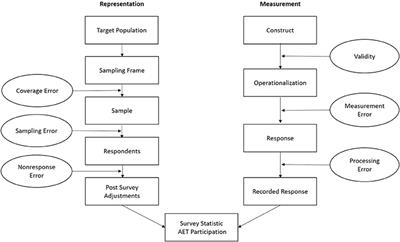ORIGINAL RESEARCH
Published on 03 Dec 2020
What Influences Participation in Non-formal and Informal Modes of Continuous Vocational Education and Training? An Analysis of Individual and Institutional Influencing Factors

doi 10.3389/fpsyg.2020.534485
- 6,444 views
- 16 citations







